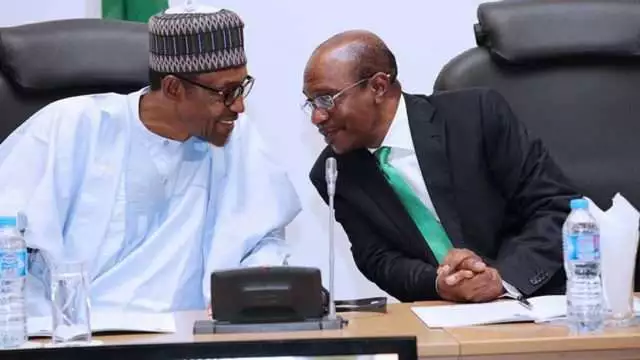By Tosin Olatokunbo
The federal government borrowed close to N7 trillion last year, the Debt Management Office, DMO has said. The DMO Director General, Patience Oniha disclosed this during a briefing with journalists in Abuja on Thursday, notng that the nation’s debt stock has now risen to N39.556 trillion in 2021 from N32.915 trillion in 2020.
Considering government’s resolve to borrow more this year, analysts insist that the total debt stock before the end of the year could effectively rise to as much as $100 billion or more, less than two decades after the country received debt forgiveness from Paris and London Clubs of Creditors under the administration of President Olusegun Obasanjo
Oniha made the revelations barely two days after the minister of Finance, Zainab Ahmed said the federal government was planning to raise over $2 billion tBrough Eurobonds to finance a substantial part of this year’s budget, majorly the over N2 trillion fuel subsidy provided in the budget.
The President Muhmmadu Buhari’s administration said it will borrow more despite local and international pressure that the rising debt will soon become unsustainable. The minister said loans are necessary to finance critical infrastructure in the country.
Speaking Oniha said the combined debt of federal and 36 state government, including the FCT stood at N39,556 trillion or $95.779 billion as at December 31, 2021.
The debt “includes new borrowings by the FGN and the sub-nationals. For the FGN, it would be recalled that the 2021 appropriation and supplementary acts, included total new borrowings (from domestic and external sources) of N5.489 trillion to part-finance the deficit.
“Borrowings for this purpose and disbursements by the multilateral and bilateral creditors account for a significant portion of the increase in the debt stock. Increases were also recoMO rded in the debt stock of the states and the FCT,” she said.
Despite the public outrage against accumulation of more debt, the DMO boss said the total public debt stock to gross domestic product, GDP limit of 55 percent set by the World Bank and 70 percent set by the Economic Community of West African Statesm, ECOWAS.
She explained that the federal government is trying to open up more revenue sources to mitigate the debt problems.
According to Oniha, “the new borrowings were raised from diverse sources, primarily through the issuances of the Eurobonds, sovereign , and the FGN bonds. These capital raisings were utilised to finance capital projects and support economic recovery,” she added
“With the total public debt stock to GDP as at December 31, 2021, of 22.47 percent, the debt-to-GDP ratio still remaithin Nigeria’s self-imposed limit of 40 percent. This ratio is prudent when compared to the 55 percent limit advised by the World Bank and the International Monetary Fund (IMF) for countries in Nigeria’s peer group, as well as, the ECOWAS convergence ratio of 70 percent.”
Meanwhile, some critics of the administration told the magazine that the manner the Buhari administration is accumulatino foreign debt is surprising bearing in mind that Nigeria is among major oil producing countries in the world.
Discover more from The Source
Subscribe to get the latest posts sent to your email.








